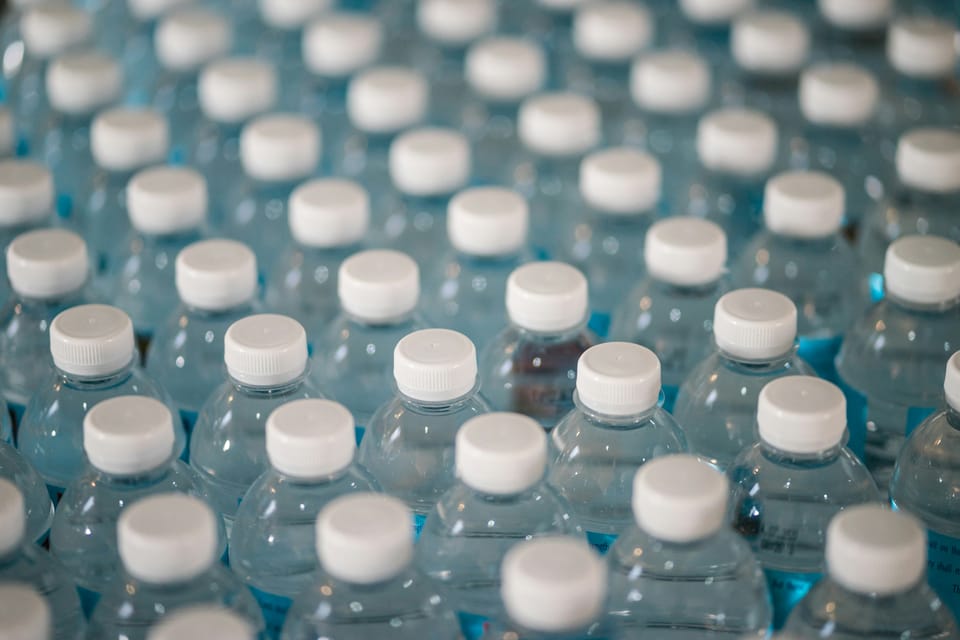Business leaders call for a legally binding Global Plastics Treaty

The CEOs of 22 corporations including Danone, IKEA and Mars have signed an open letter calling on governments to adopt a legally binding Global Plastics treaty before the end of the year.
The companies – all members of the Business Coalition for a Global Plastics Treaty – published the letter ahead of the UN Environment Programme’s (UNEP) fifth session on the topic, also known as INC-5. The meeting taking place in South Korea at the end of November is the last planned round of negotiations to finalise the treaty.
Among their requests to achieve an effective and enforceable agreement, the firms list the inclusion of global criteria and lists to enable the restriction and phase-out of chemicals of concern as well as problematic and avoidable plastic products; sector-specific approaches and global criteria for circular product design of plastic products; common definitions and key principles for the effective implementation of Extended Producer Responsibility (EPR) schemes; and a strong mandate for the governing body to strengthen the agreement over time.
“A treaty based on voluntary measures alone risks delaying action by decades. This would create further fragmentation in the regulatory landscape for business, leading to increased cost and complexity,” they warn.
Companies faced with lack of progress around plastics
The call comes as many companies are struggling to meet their commitments around plastic waste – and some are even dropping them completely, like Morgan Stanley.
Packaging firm Amcor, one of the letter’s signatories, is also a member of the WWF initiative ReSource: Plastics, which involves committing to reduce and report transparently on plastic use. It is in fact one of the few members of the initiative that has so far managed to cut plastic tonnage – though it is still the second-largest plastic user in the group, after Coca-Cola.
A recent analysis of the plastic policies of 225 large companies found that the wide majority are not on track to meet targets, with plastic use increasing alongside business growth in most cases.
However, the report identified EPR policies – which make plastic producers responsible for end-of-life recycling and treatment – as an indicator of improved overall plastic performance.
Letter signatories are among leaders in plastics reduction
The open letter was signed by the CEOs of AJE, ALPLA, Amcor, Berry Global, Borealis, Danone, Decathlon, Essity, Gemini, Henkel, Inter IKEA Group, Mars Inc, Nestlé, PepsiCo, SAP, SC Johnson, Sig, Ternova, Terracycle, The ALDI SOUTH Group, Tomra, and Unilever.
Many of these have been recognised as leaders in their respective industries for their work on plastics, particularly their use of recycled content.
“As business leaders, we are working to transform our business models to catalyse a circular economy in which plastic never becomes waste or pollution, and the value of products and materials is retained in the economy. There is already significant alignment on these topics through voluntary industry initiatives, and we remain committed to efforts to advance a circular economy for plastics . However, it is clear that voluntary efforts alone are not enough to address plastic pollution at scale,” they add in the letter.







Member discussion